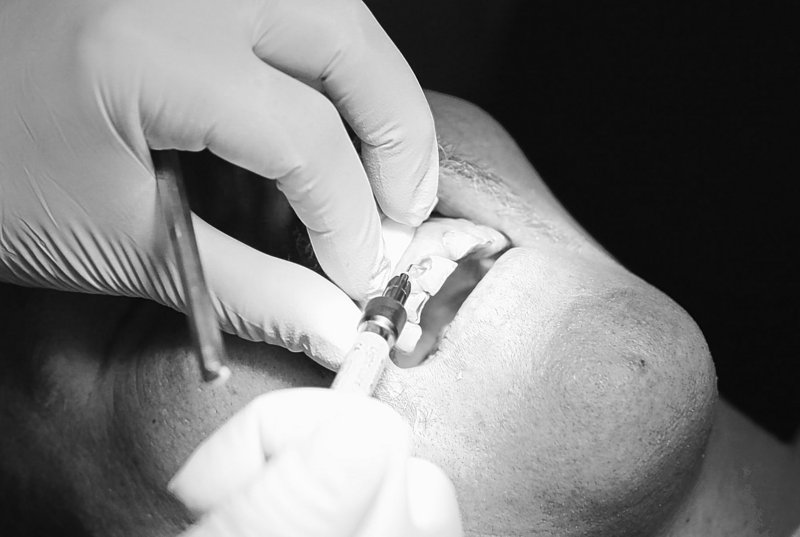PORTLAND — Maine has a dental care access problem that results in increased health care costs, major health complications and challenges to economic stability.
This situation is about to get worse, since 41 percent of Maine dentists are approaching retirement age.
Although access issues clearly have many causes, we now have an opportunity to make a marked change in the status quo.
Oral health is critical to controlling health care costs and having healthy communities. Dental diseases are associated with health conditions like stroke, heart disease, diabetes and negative outcomes for pregnant women. People with poor oral health are also less likely to secure good- paying jobs.
Access to quality dental care decreases financial burdens on the health care system by preventing more costly interventions across the health care spectrum.
A recent report found that the leading reason for emergency department visits in Maine hospitals among low-income people ages 15 to 44 years is dental disease, accounting for almost 12,000 visits annually. This is 30 percent higher than national numbers.
The care given in emergency departments costs 10 times what would be charged if the patient received dental care from a dentist, and the care typically consists of prescriptions for pain medication and not necessarily a solution to the dental disease.
A BAD COMBINATION
With the combination of older-than-average dentists and fewer dentists per capita, Maine has crossed from a chronic problem to a health care crisis.
Two out of five dentists in Maine are facing retirement, and no dental school in the country has a commitment to addressing Maine’s care access problem.
There is a bill before the state Legislature (L.D. 1798) that calls for a $7 million bond to support establishment of a dental school in Maine with clinical rotations in communities across the state.
Specifically, $5 million is slated for a dental clinic in a dental school in Maine, and the key piece of the plan includes investing $2 million in development or expansion of nonprofit community-based dental clinics across the state.
Dental students under supervision will provide dental care during six-month to 12-month rotations in heir final year of school.
This approach to dental education is one important way to address Maine’s oral health problems for many reasons. Specifically, dental students will be educated in a dental school in Maine – with a focus on the needs of Maine people.
The students will contribute to the local economy as well as provide care to thousands of Maine people through community-based dental clinics statewide.
Also, there is a higher likelihood that Maine communities will be able to recruit dental school graduates to practice in local communities since the students will already be living there for their final year of dental school.
Finally, with the thousands more dental visits and parental education about the value of good dental care, there also will be more emphasis on nutrition and elimination of tobacco use as all are intertwined.
ONE-TIME INVESTMENT
It’s time for the state to make this one-time investment in addressing the dental care crisis in Maine.
There will be short-term economic impacts through jobs to establish the dental clinics and a long-term investment in Maine’s health care system. There will be a positive economic impact on the state and for the first time ever, Maine will be educating its own dentists.
The time has come to make this investment in Maine’s health future by supporting the bond (LD 1798) to establish a Maine dental school.
Send questions/comments to the editors.



Success. Please wait for the page to reload. If the page does not reload within 5 seconds, please refresh the page.
Enter your email and password to access comments.
Hi, to comment on stories you must . This profile is in addition to your subscription and website login.
Already have a commenting profile? .
Invalid username/password.
Please check your email to confirm and complete your registration.
Only subscribers are eligible to post comments. Please subscribe or login first for digital access. Here’s why.
Use the form below to reset your password. When you've submitted your account email, we will send an email with a reset code.